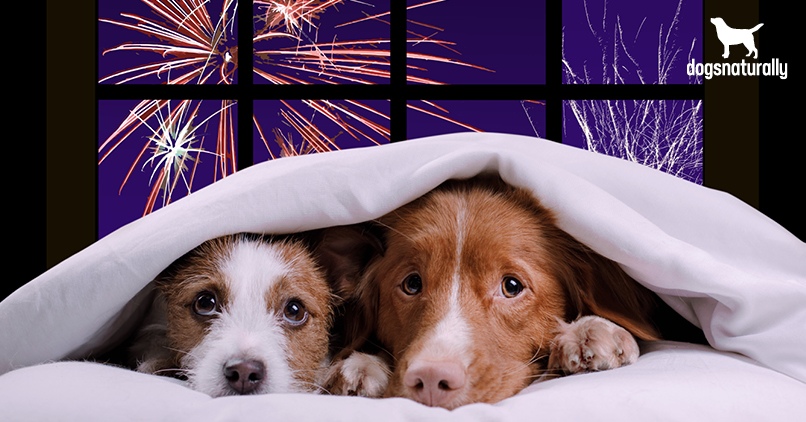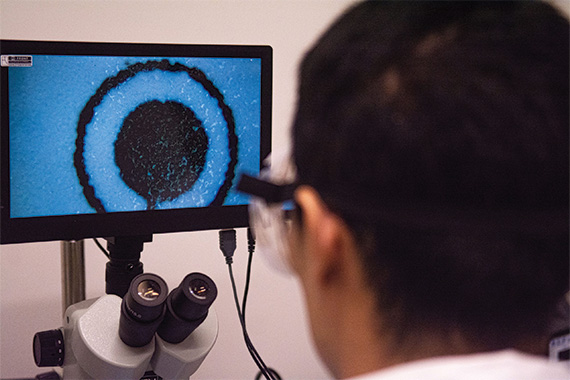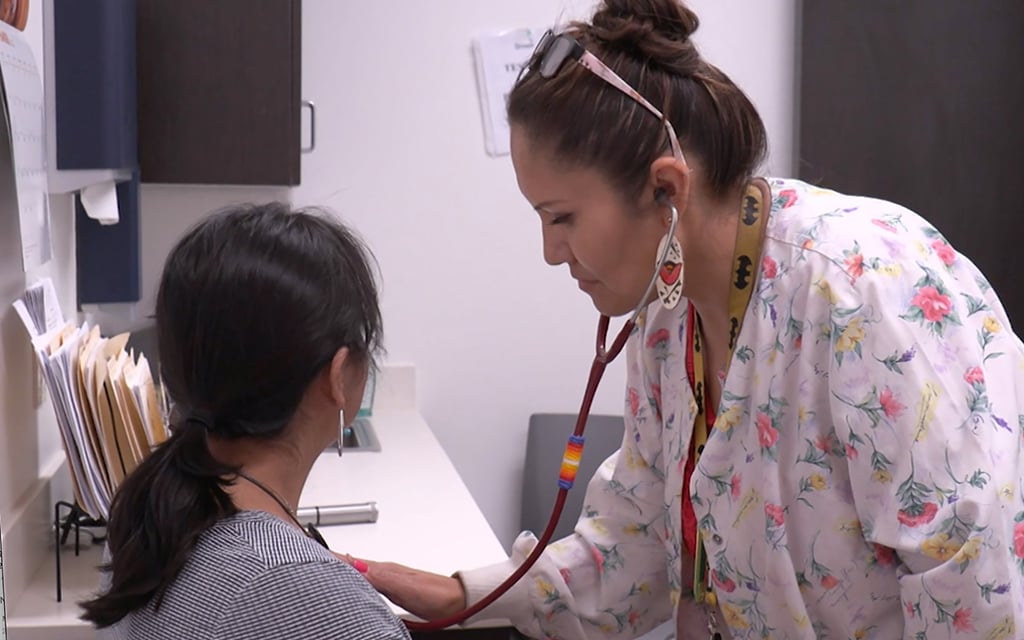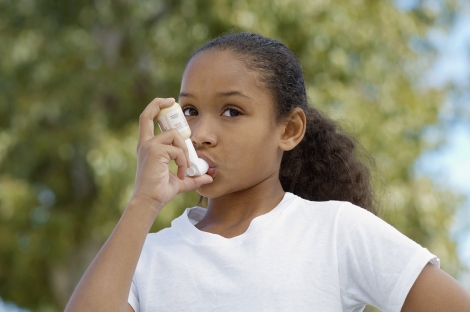While the New Year’s fireworks celebrations have concluded, the aftermath lingers for some pets, causing anxiety and distress. Pet owners like Leigh Switzer express concern for their furry companions who experience fear and stress due to the loud and sudden sounds associated with fireworks. Dr. Troy Majure, a veteran veterinarian, reports an increase in cases, with nearly ten dogs impacted by the recent festivities. The effects range from anxiety and hiding to more severe reactions such as seizures, particularly in dogs prone to such conditions.

The Trauma of Fireworks Celebrations, Precautions and Dangers for Pet Owners
Leigh Switzer shares her experience with Hank, a white Maltese, who becomes terrified during fireworks celebrations, running for cover and displaying signs of fear and timidity. The trauma caused by loud noises can have lasting effects on pets, affecting their behavior and overall well-being.
Dr. Troy Majure highlights dogs’ reactions during pyrotechnics, from shyness and hiding to convulsions. The veterinarian has seen about ten cases in the last few days, which emphasizes the need for pet owners to understand the possible effects on their animals.
Bruce Deviney, a pet owner from Clinton, recounts a tragic incident where a lab puppy was hit and killed by a car while attempting to flee from fireworks. Owners like Deviney take precautions to protect their pets during celebrations, recognizing the dangers of pets running away in fear.
READ ALSO: Revolutionary Weight Loss Pill: Cheap Solution for Shedding Pounds without Giving Up Junk Food
Veterinary Interventions and Pet Safety
Dr. Majure discusses veterinary interventions, including using tranquilizers and over-the-counter calming compounds for highly agitated dogs. The impact of fireworks on pets goes beyond immediate distress, with some experiencing personality changes.
As New Year’s and Fourth of July celebrations approach, pet owners are urged to plan for their pets’ safety and well-being. Proactive measures can include creating a calm and secure environment, using calming products, and consulting with veterinarians to address specific needs and concerns.
READ ALSO: E. Coli Outbreak Linked to Cheese Products Claims Life in the UK: What You Need to Know



